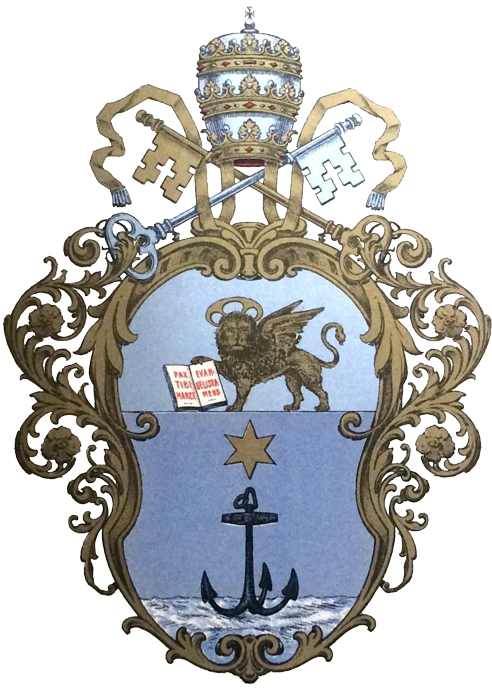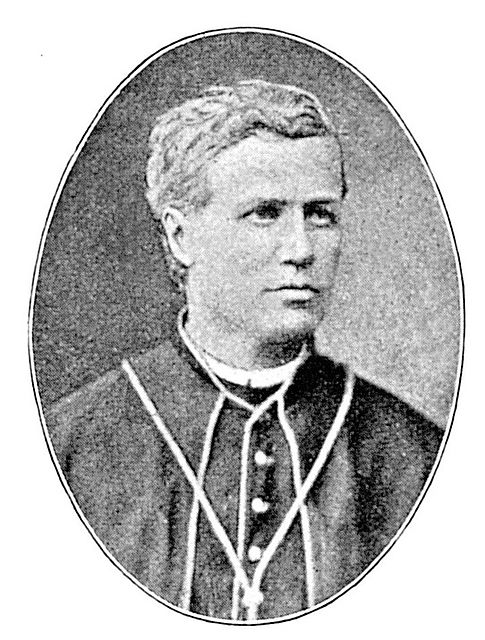In other cases, Bishop Sarto showed this simple courage, as, for example, when two bills were submitted to the Italian Parliament, which were an important part of the international revolutionary program: on civil weddings and on divorce, with the aim of implementing these bills, – Monsignor Sarto gathered around him in in one of the rooms of the episcopal palace of the members of the diocesan committee and with great firmness and energy he spoke out against these attacks on morality, on the family and the country itself. Another incident was of an even more sensitive nature. On King Humbert’s birthday, i.e. on March 14 each year, it was customary for civil and military officials to gather at the Mantua Cathedral, where the solemn Te Daeum was sung on that day.
Crispi’s government, whose program constantly insults the Church, instructed civil servants under their subordinates to go to the synagogue after the service in the cathedral, where a religious ceremony was also to take place on the occasion of the King’s birthday.
This amounted to clearly forgetting that in Italy the religion of the state was the Catholic religion; it was a humiliation of this religion before the people, as if falsehood had equal rights with the truth; it was finally a public scandal of people, and solemnly at that, with music, parade, uniforms, with all the authority of the state …
Monsignor Sarto, as was his custom, thought and considered how to deal with the matter.
A few days before the March 14 date, he made a decision and informed government officials that if they intended to move from a cathedral service to a synagogue service, he, the bishop of Mantua, would see himself under an unpleasant duty not to accept them at the cathedral. It is easy to guess the consternation caused by this statement, the indignation of newspapers from the press branch, liberal, a steak of insults on her part showered Bishop Sarto, warnings and reflections also on the part of the so-called “Reasonable”, who imagine that making concessions is always a virtue and that they place the burden of the cost of practicing this virtue on God and the Church.
Crispi’s ministry, when asked immediately for his opinion, decided that, in view of the position of the bishop of Mantua, the representatives of the government authorities would refrain from taking part in the religious ceremony as in one and the other – which was certainly not in line with the feelings of the Italian people, nor with the original intention the government in charge of the King’s birthday celebration.
As mentioned above, Mgr. Sarto decided to make similar speeches only after mature deliberation and only when he considered them necessary for the sake of the souls entrusted to his care and the respect due to the Faith of St.
Rene Bazin – Pope Pius X (1935)


